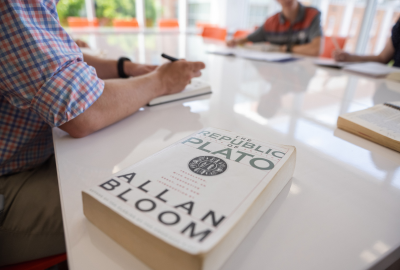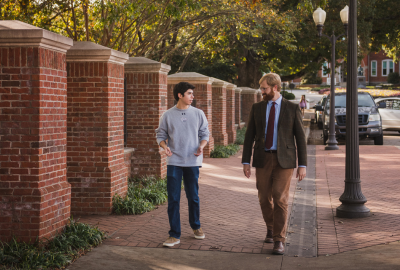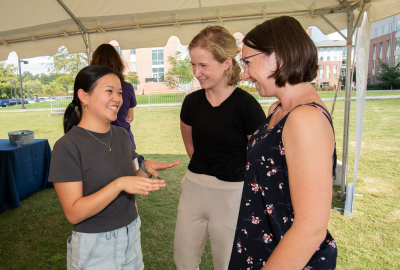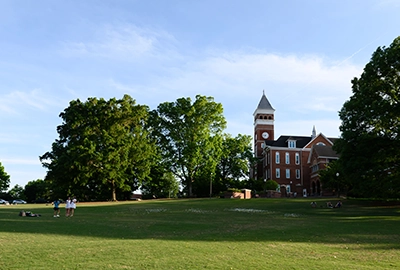Lyceum Scholars Program
Open to incoming first-year students of any major, the Lyceum Scholars Program uses a great books approach to studying the moral, political and economic foundations of a free society. All Lyceum Scholars receive a $60,000 scholarship disbursed over their four years at Clemson University.
Those interested in becoming Lyceum Scholars must apply first to Clemson University. After submitting an application to Clemson, the Lyceum Scholars Program application will be available in their Clemson admissions portal. The deadline to apply has been extended to Jan. 4, 2026.
Learn more about the program!
Snow Institute for the Study of Capitalism
Copyright © Clemson University
Snow Institute for the Study of Capitalism | 285 Chandler L. Burns Hall, Clemson, SC 29634





